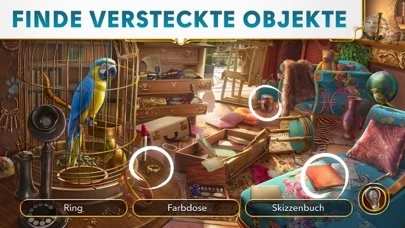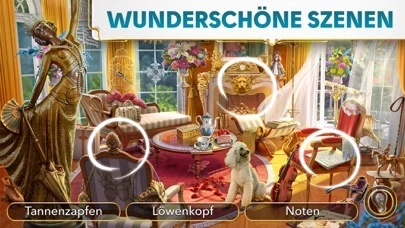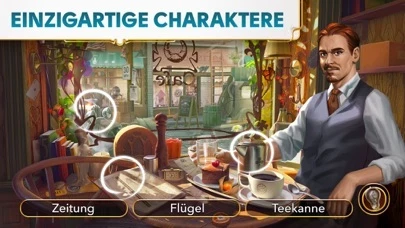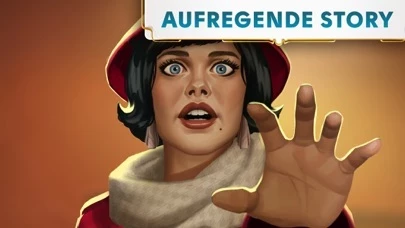What do health insurance companies and video game companies have in common? Terrible customer service.
Perhaps you’ve played a game that you enjoyed, but, when a problem with the programming occurred, you received an AI written nonresponse response back from customer service, apologizing for the issue, but not doing a thing to fix the issue, which might have cost you time and/or real dollars?
If so, you’re not alone, but one game company seems to have set the industry standard for being so callous to loyal players, Wooga, a subsidiary of Playtika out of Israel. Playtika proudly proclaims that “Founded in 2010, Playtika was among the first to offer free-to-play social games on social networks and, shortly after, on mobile platforms.”
And how did they make “free-to-play” games for mobile platforms affordable? They incentivize players to spend real money to buy nonfungible products within the game. You know, items like more energy to play longer, more keys to open doors, or, as in the case with June’s Journey by Wooga, more flowers to move further along in the storyline.
First, realize that June’s Journey is one of the best “seeking” games made because it is in full color, and 70% of the items you have to search for in an increasingly complex image are in logical places, meaning that they get placed in spots that make some sense. There are no beach balls on top of spiked fences, for instance, although you will find keys hung in odd places in some scenes.
However, Wooga’s Customer Service personnel are ruthless. Wooga itself proclaims on its website, “Our goal is to contribute to the overall vision and think from the perspective of the long term health of the company. It means you understand that the business needs are the prime directive. It requires adaptability and occasionally some degree of sacrifice.”
Yes, they admit that keeping the company profits high are their primary goal, even though, logically, repaying a customer who has lost flowers because of a programming problem should not cost the company anything to fix. Yet Wooga will seemingly go to any length not to repay players what they have lost.
Originally, when I began casually playing the game two years ago, I did not mind paying $13 a month for small items that made game play more fun. I knew, after all, that real people were creating this game, and that they wanted to be paid for their work, just like the rest of us do.
However, after several unsuccessful attempts to get Wooga’s customer service folks to even own up to the problems I encountered, I began using those funds more judiciously, only for things I really wanted in my game, not every month.
Then, after pointing out a glitch that cost me several days of play only to end without the reward I had worked hard to obtain from play, I had had enough of their refusal to honor the tacit agreement between player and programmer—an agreement they have consistently refused to honor for two years now.
So I told them I would stop paying the $13 a month I had been paying. From then on, I have played the game without using my hard earned money for anything.
Now, however, they had a severe glitch that cost me hundreds of flowers—things I need to move forward with the story, and they have steadfastly refused to reimburse my account for that loss.
If this was a realty company, even if I was investing in digital real estate, they would be bound by laws regarding their theft of my time and energy only to cheat me out of my reward.
However, my only real tool of defense against a video game company is to warn all of you about how awful and money-oriented both Wooga and their parent company seem to be.
My ideal revenge on these companies would be to have everyone who reads this review play the game, but never pay actual cash for anything. That way they still have to work, like we do to move through the game, but they would learn what it’s like not to get what you work hard to obtain.













